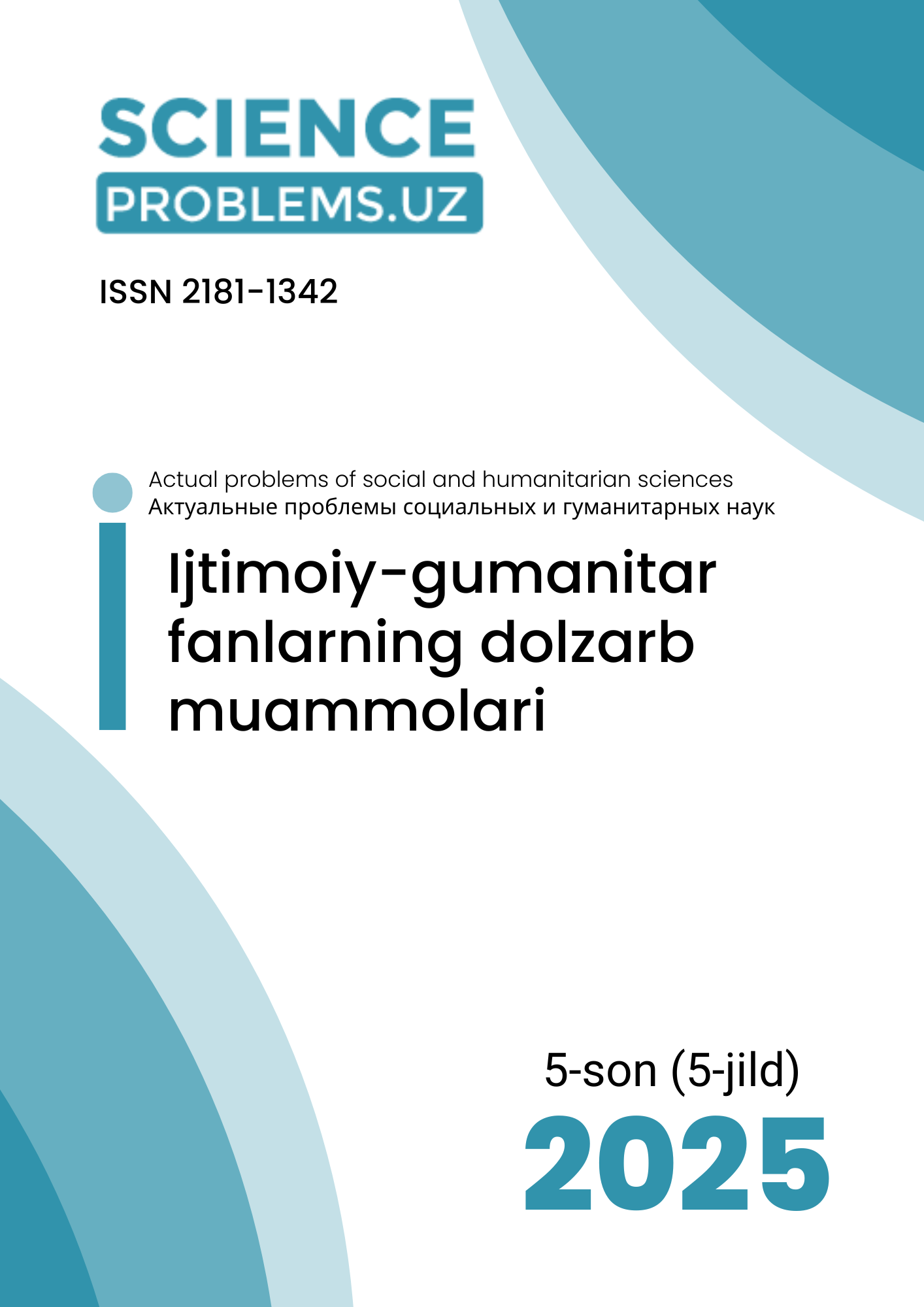SCIENTIFIC FOUNDATIONS OF REFLECTION MECHANISMS IN PEDAGOGICAL ACTIVITY
DOI:
https://doi.org/10.47390/SPR1342V5I5Y2025N82Keywords:
pedagogical reflection, reflective approach, professional growth, personalized learning, mentoring position, pedagogical competence, reflective culture, self-development, self-assessment, positional consciousness, reflective activity, quality of educationAbstract
This article highlights the scientific foundations of reflection mechanisms in pedagogical activity. Reflection is interpreted as a pedagogical approach aimed at improving professional activity through conscious analysis by the teacher. In the modern educational system, reflexivity is not only a central element of teacher competence but also a key factor in enhancing the quality of education. The article analyzes the main forms of reflection, its significance at the institutional level, its integration with technological approaches, and its role in shaping bilateral communication between teacher and student.
References
1. Сдобняков В. В., Игнатьева Г. А., Тулупова О. В., Соткина С. А., Моисеенко А. В. Сетевой проект подготовки наставников по развитию. Практико-ориентированная монография. Нижний Новгород: Мининский университет, 2022. 64 с.
2. Isaev E. I., Slobodchikov V. I. Fundamentals of psychological anthropology. Human psychology: an introduction to the psychology of subjectivity: textbook for students of higher pedagogical educational institutions. Moscow, Shkola-press Publ., 1995. 383 p.
3. Громыко Ю. В. Персонализация в образовании: инициирующее образование, подъем сознания и личностный рост, Л. С. Выготский – П. А. Флоренский: несостоявшийся диалог. Приглашение к диалогу. Москва, 2007. С. 52-97.
4. Сдобняков В. В. Федеральный научно-методический центр как региональная институция формирования персональной траектории профессионального развития педагога, Международный журнал гуманитарных и естественных наук. 2021. No 12-3 (63). С. 205- 209.
5. Газман О. С. Педагогика свободы: путь в гуманистическую цивилизацию XXI века Новые ценности образования. 1996. Вып. 6. С. 10-37








